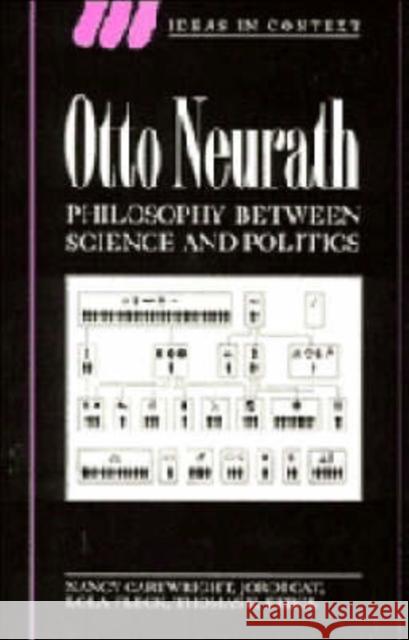Otto Neurath: Philosophy Between Science and Politics » książka
topmenu
Otto Neurath: Philosophy Between Science and Politics
ISBN-13: 9780521451741 / Angielski / Twarda / 1996 / 308 str.
Otto Neurath: Philosophy Between Science and Politics
ISBN-13: 9780521451741 / Angielski / Twarda / 1996 / 308 str.
cena 445,31
(netto: 424,10 VAT: 5%)
Najniższa cena z 30 dni: 438,25
(netto: 424,10 VAT: 5%)
Najniższa cena z 30 dni: 438,25
Termin realizacji zamówienia:
ok. 16-18 dni roboczych.
ok. 16-18 dni roboczych.
Darmowa dostawa!
This study depicts Otto Neurath's science in the political, economic and intellectual milieu in which it was practised.











